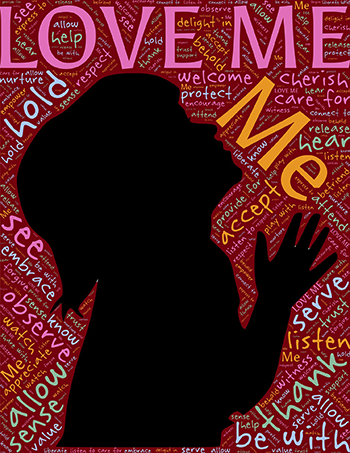Holidays
Shavuot
On Shavuot, Remember the Children
 Listen closely. There is a palpable yearning to these heartbreaking words and the resonances between them: “Don’t urge me to leave you or to turn back from you. Where you go I will go, and where you stay I will stay. Your people will be my people and your God my God” (Ruth 1:16).
Listen closely. There is a palpable yearning to these heartbreaking words and the resonances between them: “Don’t urge me to leave you or to turn back from you. Where you go I will go, and where you stay I will stay. Your people will be my people and your God my God” (Ruth 1:16).
These words of Ruth that we read on Shavuot—which begins this year on the evening of May 30—express our longing, our desire to cling to each other and, therefore, to God. Be my mother, Ruth pleads with Naomi after her mother-in-law’s husband and two sons have died and the matriarch is preparing to return to the Land of Israel—without her Moabite daughters-in-law. We are taught that Ruth’s words are the first recorded statement of conversion to Judaism. It’s also, perhaps, the first recorded plea for adoption.
The text pivots, almost immediately, from Ruth’s promise-cum-plea to Naomi’s bereavement. From where will her progeny arise? How can she go on, find sweetness, without the promise of children and grandchildren? What and who will build her a bridge to the future? “Don’t call me Naomi [pleasantness]. Call me Mara, because the Almighty has made my life very bitter. I went away full, but the Lord has brought me back empty” (Ruth 1:20-21).
Despite the eternality of Ruth’s words that “your people will be my people,” our tradition has been drawn largely to Naomi’s pain: her longing, the emptiness she needs to fill. “Have I yet sons in my womb?” she asks. That’s how we as a society generally look at adoption—as a way to fulfill the desire to be a parent when a biological child is not a likely option.
But we need to turn that paradigm on its head and also see adoption, urgently, as a way for every child to become someone’s son or daughter. There are between eight million and 12 million children in the world who live in institutions, and millions more who live on the streets. There are more than 115,000 children in foster care in the United States who are awaiting adoption, according to the Dave Thomas Foundation for Adoption. Children suffer physically, emotionally and developmentally when they are not loved—because humans are born wired for love, for family.
Why don’t we linger more on Ruth’s heart, her love, her desire for a home and family, for the shelter of a mother—her needs? There is a hole in her soul that her family of origin may have initially occupied, and this is an emptiness pointedly not addressed by the text. Is she an orphan? Was she disowned for the radical act of marrying an Israelite man? Has she changed so much that she can’t go home again? We don’t know. But we do know that she is reaching out for Naomi to always be her mother and to take her home to the community where they both belonged and to a relationship with God.
Some of us are lucky enough to be born into love: a loving parent, family, community. But some of us are born into hard and lonely circumstances, into a world where no one looks at you and says, “I got you. Come what may, I got you.”
As a result, we have millions of children whose souls, like Ruth’s, call out to us from their depths: “Don’t urge me to leave you or to turn back from you. Where you go I will go, and where you stay I will stay. Your people will be my people and your God my God.”
If you will have me.
Rabbi Susan Silverman is the author of Casting Lots: Creating a Family in a Beautiful, Broken World and the founding director of Second Nurture: Every Child Deserves a Family—and a Community. She and her husband, Yosef Abramowitz, have five children and live in Jerusalem.










 Facebook
Facebook Instagram
Instagram Twitter
Twitter
Leave a Reply